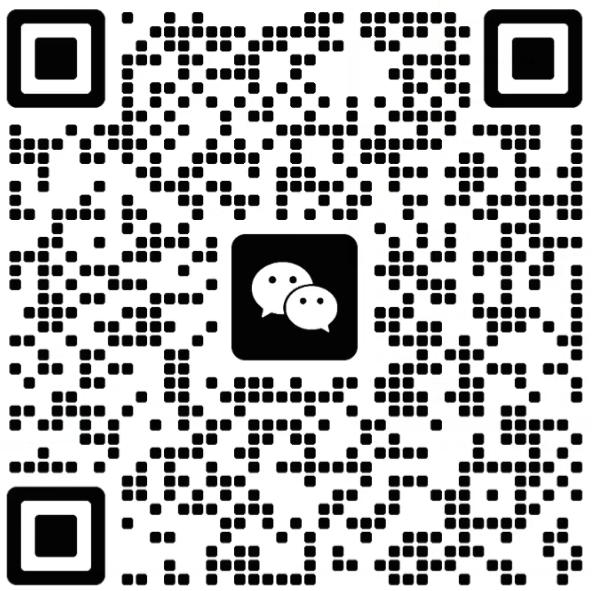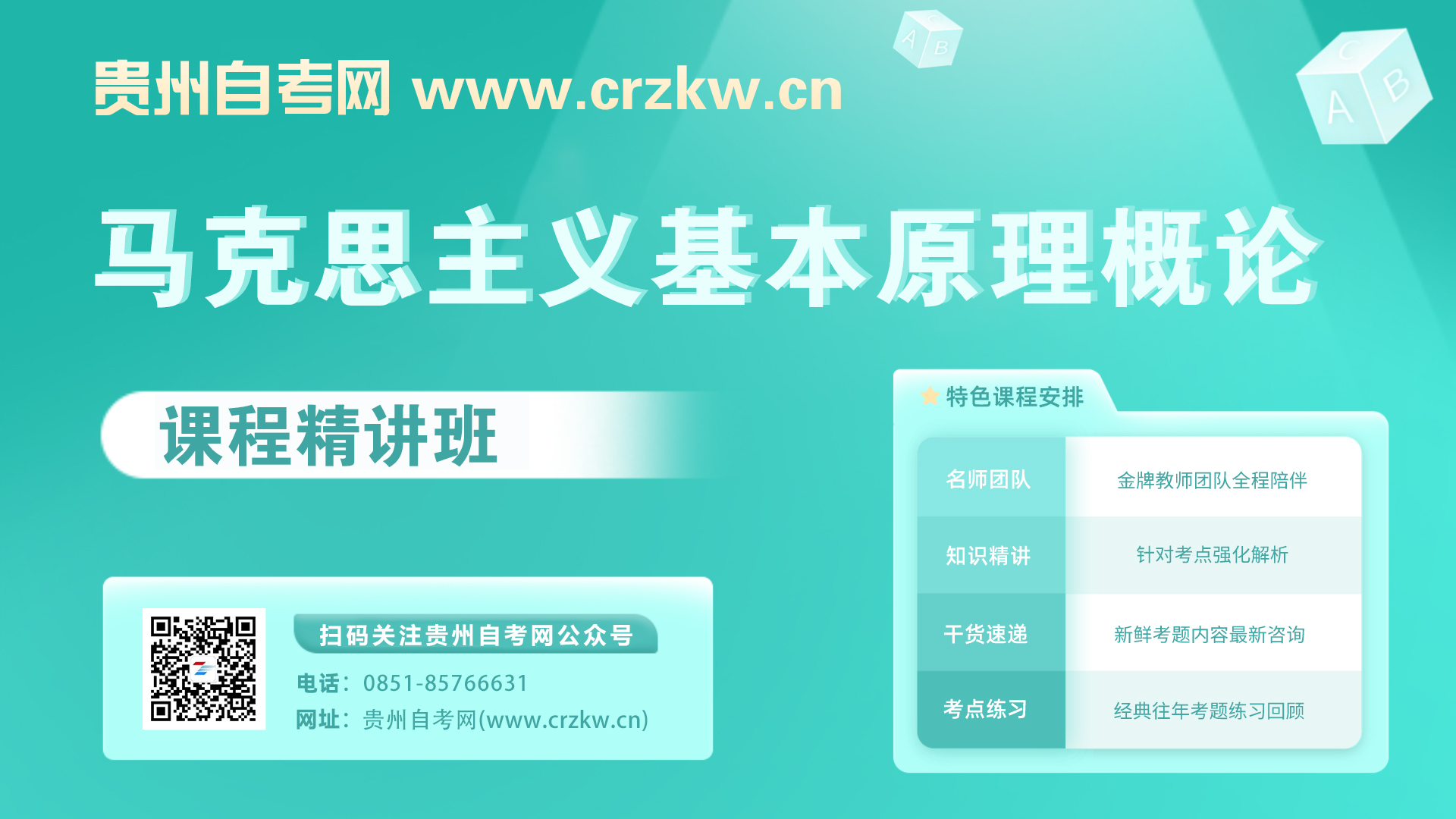2020年贵州自考《英语教学论》随堂练习题及答案
编辑整理: 贵州自考网 发表时间: 2020-05-29 【大 中 小】 点击数:
2020年贵州自考《英语教学论》随堂练习题及答案
Short essay.
Directions: Choose ONE topic from the following list and write a short essay of about 150 words.
1. What is the role of environment in language learning according to the behaviorists? And the mentalists?
In the behaviorist view, children imitate the language of their environment to a considerable degree, and imitation is a strong contribution factor in the language learning process. A consequence of this is that the frequency with which words and structures occur in the language of the environment, will influence the language development of the child. In addition, reinforcement is needed to arrive at a higher level of language proficiency. Parental approval is an important type of reinforcement in the language learning process: when a child produces a grammatically correct utterance which is understood by its environment, approval from the parents may serve as reinforcement for such an utterance. In this way, the environment encourages the child to produce grammatical utterances, while not encouraging ungrammatical utterances.
The linguist Norm Chomsky claims that children are biologically programmed for language and that language develops in the child in just the same way that other biological functions develop. For example, every child will learn to walk as long as adequate nourishment and reasonable freedom of movement are provided. The child does not have to be taught; most children learn to walk at about the same time; and walking is essentially the same in all normal human beings. For Chomsky, language acquisition is very similar to the development of walking. The environment makes a basic contribution --- in this case, the availability of people who speak to the child. The child, or rather, the child’s biological endowment, will do the rest. This is known as the innatist position. Chomsky developed his theory in reaction to the behaviorist theory of learning based on imitation and habit formation.
2. What is the main idea of the acquisition-learning hypothesis?
Krashen maintained that adult L2 learners have at their disposal two distinct and independent ways of developing competence in a second language: acquisition and learning. Acquisition is a subconscious process identical in all important ways to the process children utilize in acquiring their first language, and learning is a conscious process that results in knowledge about language. Acquisition comes about through meaningful interaction in a natural communication setting. Speakers are not concerned with form, but with meaning; nor is there explicit concern with error detection and correction. This contrasts with the language learning situation in which error detection and correction are central, as is typical the case in classroom settings, where formal rules and feedback provide the basis for language instruction.
Nontheless, for Krashen, it is not the setting per se, but conscious attention to rules that distinguishes language acquisition from language learning. In the natural setting, an adult can obtain formal instruction by asking informants about grammar and by receiving feedback from friends. Similarly, language can be acquired in the classroom when the focus in on communication --- eg. through dialogues, role-playing, and other forms of meaningful interaction.
3. In what sense does foreign language teaching methodology help you in your professional development?
A foreign language teacher has to not only make his students understand the language, namely the pronunciation, vocabulary, grammar, etc., he must also develop their communicative competence so that they can use the language they have learned correctly, appropriately and expressively in real situations. In order to do well this complicated job, the teacher needs to know, apart from a comprehensive knowledge of the language and the ability to use it, as many teaching methods and techniques as possible, and understand the underlying theories and principles, therefore he not only knows what to teach and how to do it, but also why he should do it in a certain way and how to solve problems when they arise. In this way he will have full confidence in doing his job well.
Foreign language teachers understand that knowing a language does not necessarily mean that you can teach the language well. Teaching is an art as well as a science. If you do not know the theories, principles, methods or techniques of teaching, you might be able to teach a foreign language based on your experience, but you cannot hope to achieve good results, nor can you give your or your colleagues’ teaching a rational evaluation or a critical appraisal. There are surely limitations in teaching by drawing only on experience, though experience is important. The theory you learnt from the methodology course can guide, support and conceptualize practice. New insights you get by sharing ideas of other people will bring you great benefit. As the old saying goes: "Travel broadens the mind”. In the same way learning Foreign Language Teaching Methodology will surely broaden the mind of teachers.
4. What are the advantages and disadvantages of grammar-translation method?
The main advantages of this method are: first, comparison between two languages helps students to have a better understanding of the meaning of abstract words and complicated sentences. Second, systematic study of grammatical rules plays an important role in fostering students' ability of reading comprehension and producing grammatically correct sentences. Understanding and manipulating the morphology and syntax will develop students' ability of analyzing and solving problems. Third, the focus on understanding literary texts provides the situation in which reading and writing abilities are well trained. Fourth, it makes few demands on teachers although it often creates frustration for students. It is relatively easy to apply.
Disadvantages in this method are: First, overemphasis on translation can never emancipate the learners from dependence on the first language. Second, knowing a large number of grammatical rules cannot ensure that students can use them appropriately in real communicative situation. Third, it puts too much emphasis on reading and writing and neglects listening and speaking. Fourth, the texts are mostly taken from literary works. The language learned often doesn't meet the practical needs of the learners. Fifth, memorizing grammar rules and bilingual word lists does not motivate students to actively communicate in the target language.
本文标签:贵州自考 英语教学论 2020年贵州自考《英语教学论》随堂练习题及答案
转载请注明:文章转载自(http://www.crzkw.cn/)
⊙小编提示:添加【贵州自考网】招生老师微信,即可了解2025年贵州自考政策资讯、自考报名入口、准考证打印入口、成绩查询时间以及领取历年真题资料、个人专属备考方案等相关信息!

(添加“贵州自考网”招生老师微信,在线咨询报名报考等相关问题)

贵州自考网声明:
1、由于各方面情况的调整与变化,本网提供的考试信息仅供参考,考试信息以省考试院及院校官方发布的信息为准。
2、本网信息来源为其他媒体的稿件转载,免费转载出于非商业性学习目的,版权归原作者所有,如有内容与版权问题等请与本站联系。
下一篇:暂无
贵州自考便捷服务
- 微信交流群
- 微信公众号

微信扫一扫加入考生微信群
①学习交流、②考试提醒、③自考解答
④自考资料、⑤新闻通知、⑥备考指导

贵州自考网微信公众号
随时获取贵州省自考政策、通知、公告
以及各类学习微信公众号
- 热点文章
- 常见问题






